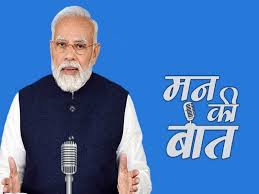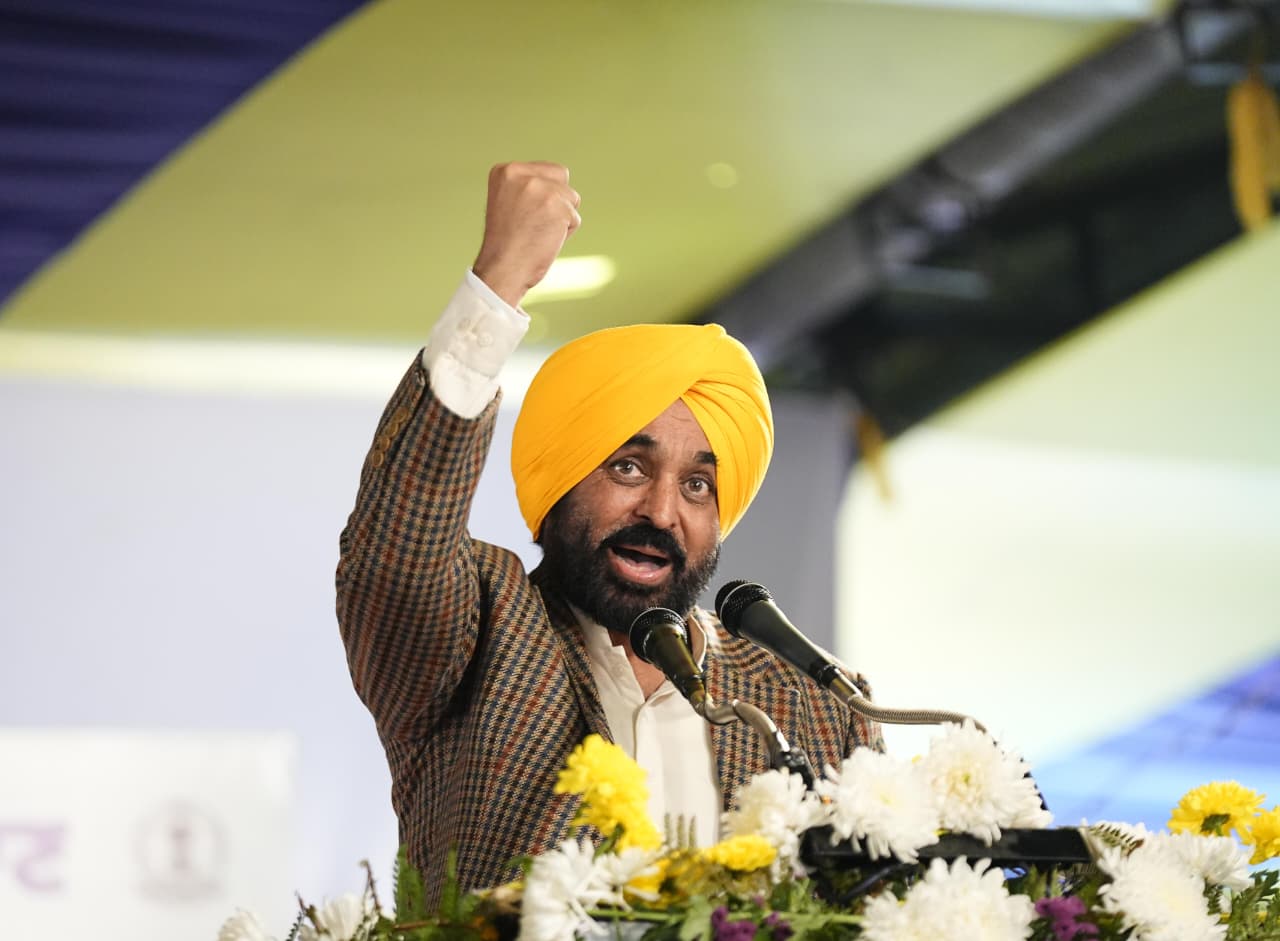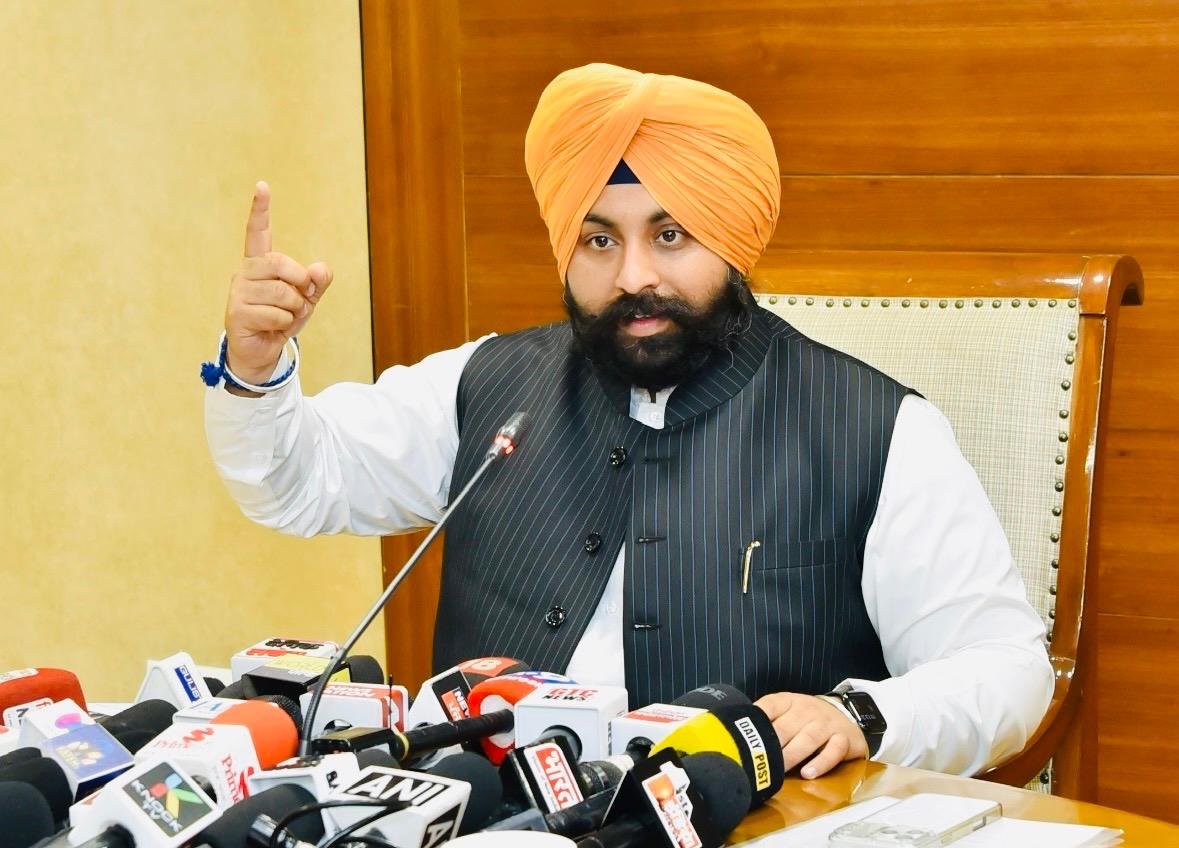Listen To This Post
Written By: DINESH SOOD Thenewsdose.com
For India—home to the world’s youngest workforce, with a median age of just 28 and nearly 10 million people entering the labour market each year—soft skills are not optional. They are the critical differentiator that will decide whether the country can truly leverage its demographic dividend.
Over the last decade, India’s job market has undergone a quiet but profound transformation. Technical qualifications and professional degrees remain essential, but employers are increasingly looking beyond certificates. The spotlight today is firmly on soft skills—communication, adaptability, teamwork, problem-solving, leadership, and emotional intelligence. In a rapidly changing economy where technology evolves faster than formal education can adapt, these human-centric skills have become the bridge between employability and long-term career success.
A recent LinkedIn–People Matters survey captures this shift with striking clarity: 92% of recruiters in India now place greater importance on soft skills than hard skills. Among them, communication, teamwork, and adaptability rank as the most valued. Similarly, the National Employability Report by Aspiring Minds highlights a telling fact—nearly 80% of engineering graduates are considered unemployable, not because they lack technical knowledge, but because they fall short on workplace readiness and communication.
The rise of automation and artificial intelligence is redrawing the contours of work. The World Economic Forum’s Future of Jobs Report 2024 projects that by 2027, almost 44% of workers’ skills will be disrupted. Roles demanding analytical thinking, resilience, empathy, and continuous learning will see the fastest growth. For India—home to the world’s youngest workforce, with a median age of just 28 and nearly 10 million people entering the labour market each year—soft skills are not optional. They are the critical differentiator that will decide whether the country can truly leverage its demographic dividend. This young workforce is our greatest asset and holds the key to our future success.
The Employability Gap
Every year, India produces 1.5 million engineers and 3 million graduates, yet employability across disciplines still hovers below 50%. The reason is straightforward: soft skills remain absent from mainstream curricula. Classroom teaching focuses on technical competence but neglects communication, teamwork, spoken English, presentation skills, and time management. The result? Fresh graduates who are technically sound but ill-equipped for real-world workplaces.
Some institutions are taking corrective steps. The IIMs, for instance, have woven leadership labs and communication workshops into their programs. But for most Tier-II and Tier-III colleges, structured soft skill training is still missing—leaving a yawning gap between education and employment.
Emerging Workplace Realities
IT Services: India’s $250 billion IT industry thrives on global contracts. Here, technical prowess gets you in the door, but it is cultural sensitivity, effective communication, and collaboration that propel careers forward.
Start-up Ecosystem: With 90,000+ registered start-ups, India is the third-largest start-up hub in the world. In this fast-paced environment, leadership, negotiation, and crisis management are not add-ons—they are survival skills.
Manufacturing and Retail: As global supply chains look to India under the “Make in India” push, technical proficiency must go hand in hand with discipline, adaptability, and customer orientation. According to TeamLease (2023), nearly 60% of performance assessments for entry-level retail jobs depend on soft skills.
Gig and Freelance Economy: India already has 7.7 million gig workers, a number projected to rise to 23 million by 2030. For freelancers, delivery executives, or digital professionals, skills such as professionalism, conflict resolution, and online etiquette often matter as much as task execution.
The Human Edge: Why are soft skills so central today?
Globalisation of Work: Remote collaboration and cross-border projects make cultural sensitivity and effective communication non-negotiable.
AI & Automation: As machines take over repetitive tasks, uniquely human abilities—creativity, emotional intelligence, and leadership—become the competitive edge.
Career Progression: Technical skills may help land the first job, but it’s the soft skills that will drive your career forward. Promotions and leadership roles are driven by persuasion, vision, and interpersonal excellence. So, it’s not just about getting the job, it’s about excelling in it and climbing the ladder of success.
Building a Soft Skills Revolution
If India is to harness its demographic dividend, soft skills training truly must become a national priority. The need for this is urgent. Some strategies are already visible, but they need scale and urgency:
Curriculum Integration: The National Education Policy calls for holistic learning. Colleges and vocational institutes must embed role-play, debates, and teamwork-based projects into their pedagogy.
Corporate Skilling: Companies need to ramp up investments in employee training. Infosys, for example, spends ₹1,200 crore annually on re-skilling, with significant emphasis on soft skills.
Public–Private Partnerships: Apprenticeship models for communication, leadership, and workplace etiquette should be a key part of government-run technical training programs, especially in semi-urban and rural India. This collaboration is crucial for comprehensive soft skills training.
Digital Platforms: With 800 million internet users, EdTech platforms have the potential to deliver affordable, scalable soft skills modules, transforming workforce readiness nationwide. This digital revolution is a key part of the solution.
Conclusion
As the world’s youngest workforce steps into a technology-driven, globalised economy, one thing is clear: hard skills alone are not enough. The careers of tomorrow will be built as much on emotional intelligence, adaptability, and communication as on coding or engineering. India’s challenge—and opportunity—lies in embedding these soft skills into classrooms, corporate cultures, and public skilling initiatives. If we succeed, the country will not just meet its employment challenge but also emerge as the global powerhouse of talent in the 21st century.
-The writer is a Co-Founder and MD of Orane International, a Training Partner with the National Skill Development Corporation (NSDC), and a Network Member of India International Skill Centres(IISCs), an initiative of the GoI. Views are personal.















